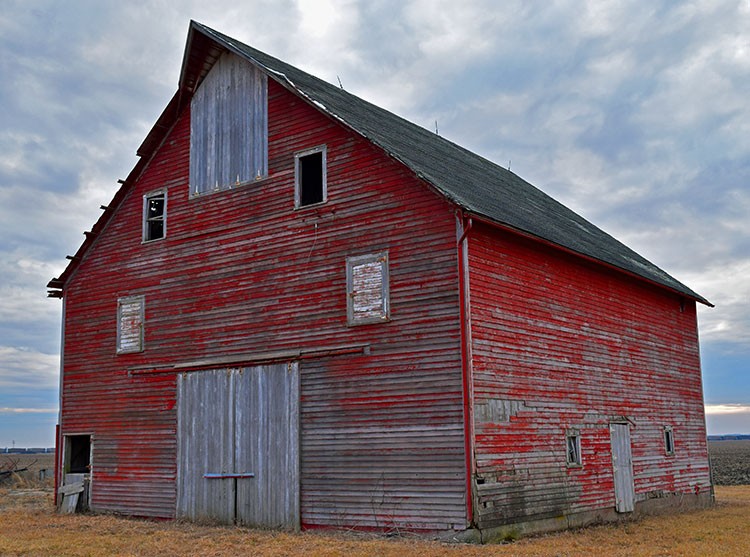Latest Posts
Great Tips To Protect Your Barn Against Termites

The key signs of a termite presence such as piles of wings, tiny holes in the wood, mud-like tubes between the wood, damaged wood and sawdust like pellets, can be hard to spot in a barn that is used to stock lots of feed or other items. When it comes to termites, prevention is most certainly better than cure. Treating a termite infestation can be difficult so you need to everything you can to keep those little guys out of your barn or ensure they don't come back.
It can be difficult to comprehend just how much damage insects so small can cause such significant damage but a termite infestation can prove very costly if left undetected. You can save yourself a major headache by taking some small steps to preventing termites from getting in and taking control of your barn. The following are 7 top tips to help you prevent termites from taking up tenancy in your barn.
1. Monitor the barn for leaks or dampness
Termites need water to thrive. If they have to work hard to get water, they will simply look elsewhere to locate their colony. That's why it's important to frequently monitor signs of leaks, dampness or pools of water in your barn. It's easy for a dripping hose or tap to accumulate a sizeable pool of water or for a leaking roof to allow in significant rainwater over time. This will attract termites into taking up residence in your barn.
2. Seal potential access points
It's important to frequently check the exterior of your barn for any holes, cracks and seams, especially between siding boards and window-frames as these can provide key entry points for termites to make their way into your barn. A quick dab of sealant or other means of covering these gaps can go a long way to keeping termites out of your barn. Don't forget to cover up any vents to as they can often offer the most common access points for termites.
3. Surround the barn with chemically treated soil
An effective way to keep termites out of your barn is to install a physical termite barrier in the form of chemically treated soil. This soil is deadly to termites and so can prevent colonies from making their way into the structure. 3 different chemicals are typically used in this type of - Fipronil, Bifenthrin and Imidacloprid. Although it is deadly against termites, it will not harm any other animals or harm any people.
4. Ensure the barn is properly ventilated
A lot of termite infestations can build up in farms due to a build-up of moisture. Termites will swarm to moisture build-ups so it's essential to ensure that your barn is properly ventilated. Consider the use of a ceiling fan, barn heating system or a fit for purpose barn fan.
5. Keep shrubs, bushes and vegetation trimmed
Trees, shrubs and vegetation growing in and around the barn can provide an excellent feeding ground for termites as there can be lots of areas of trapped moisture. Trim any bushes, shrubs or trees and keep them away from your barn as you'll find that termites will swiftly make their way from these areas of vegetation into your barn.
6. Use termite resistant wood in the barn construction
Any unprotected wood used in the construction of your barn is very vulnerable to infestation by termites. Any wooden elements that touch the soil are particularly vulnerable as the area where wood and soil meet is the perfect environment for termite development. It’s important that the wood used in the construction of your barn is either naturally termite resistant e.g. redwood, cedar cypress or treated lumber e.g. pressure-treated pine wood. Composite wood boards are also a good choice as they offer a superior level of termite resistance.
7. Maintain proper sanitation
If your barn is used to house animals such as horses, pigs, donkeys etc. you’ll need to ensure to maintain proper sanitation to keep termites and other pests out of your barn. Ensure proper drainage in barn stalls, clean up spilled or leftover feed and remove manure or matter regularly to ensure you do not create the ideal environment for termites to thrive.
Never turn a blind eye to termites
Never underestimate the power of termites and the damage that they can cause. If you have even the slightest suspicion that termites may have nested in your barn, you’ll need to get termite control experts on the case straight away. It’s wise to schedule termite control specialists to perform yearly checks just to be on the safe side. When it comes to termites, it’s always better to be safe than to be sorry!
